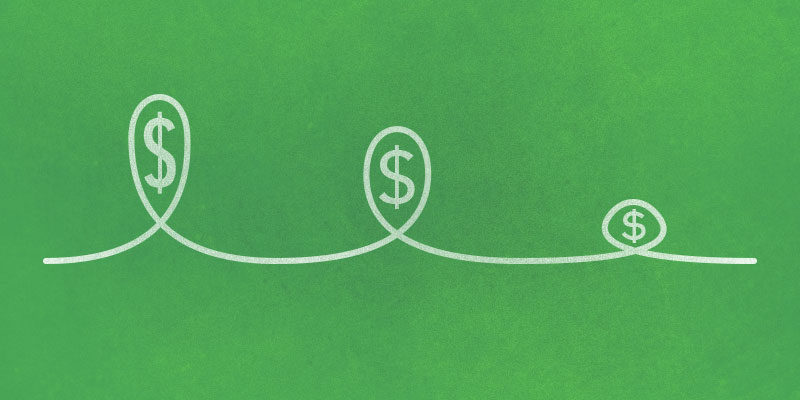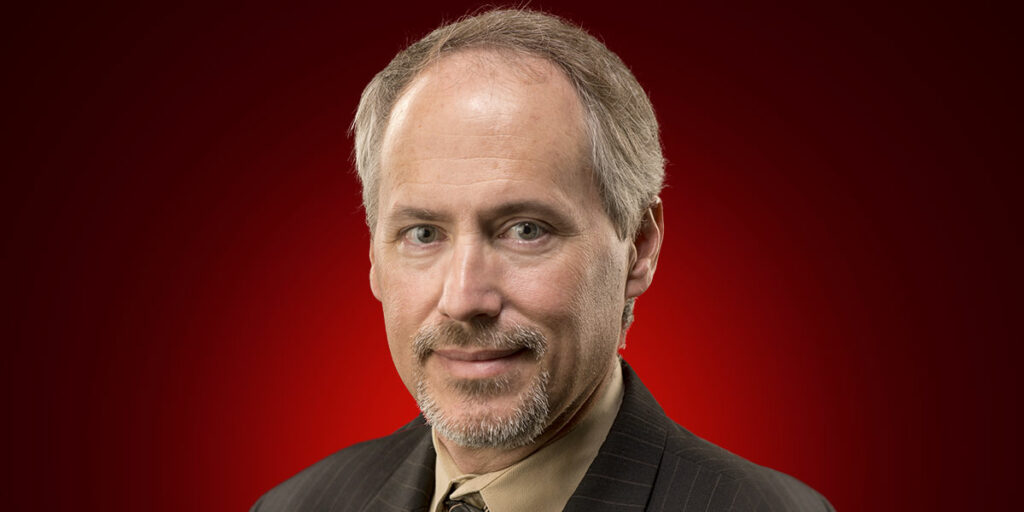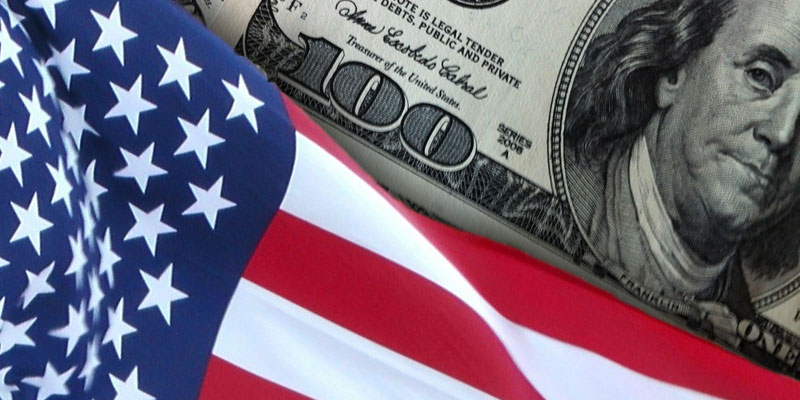
The current debate in Congress over tax reform highlights a favorite argument of economists: that we should eliminate loopholes, like the deductions for mortgage interest or state and local taxes, and use the savings to lower tax rates. The argument illustrates both core economic principles and the limitations of a purely economic analysis.
Government needs resources to purchase military equipment, pay for medical care, or build new prisons. If the government spends $1 million, we citizens must pay $1 million in taxes.
But taxes also affect peoples’ choices, meaning that $1 million in revenue for the government will cost the economy more than $1 million. We can see this by considering the mortgage interest deduction. When you pay $1,000 on a mortgage, the interest paid reduces the income tax you owe. Factoring in the taxes avoided, the mortgage payment might only cost $800. Paying $1,000 in rent costs the full $1,000. This makes buying a home more attractive relative to renting, and so some people who would prefer to rent instead of buy at these prices will buy for the tax deduction.
Exemptions and deductions leave us with a smaller tax base and so tax rates must be higher to raise a given amount of revenue. The Federal income tax collected $1.5 trillion in 2015, when national income was about $15 trillion. A flat tax rate of 10 percent on all national income would raise this sum. If deductions excluded $5 trillion from the base, we would need a 15 percent flat rate to raise the same $1.5 trillion.
As the tax rate is pushed higher, potential deductions become more valuable. Consequently, more decisions are made for tax purposes and the full cost of taxes increases; the extra cost increases faster than the tax rate. Furthermore, because income taxes distort work choices, lower tax rates should also spur economic growth.
President Reagan’s 1986 tax reform closed many loopholes and reduced the top income tax rate from 50 percent to 28 percent. Because the lower rates were applied to a broader base and thanks to economic growth, income tax revenues actually increased.
The economics of taxation, however, arguably ignores politics. This omission is especially troubling if you believe that government is too big and out of control. George Will recently said of a current proposal to tax university endowments: “Once the understanding that until now has protected endowments is shredded, there will be no limiting principle to constrain governments … in their unsleeping search for revenues to expand their power. Public appetites are limitless, as is the political class’s desire to satisfy them.”
Nobel-prize winning economist James Buchanan demonstrated how a government trying to raise as much revenue as possible invalidates economists’ tax recommendations. Base broadening could become a clever way to increase our taxes. The deductions protecting our income get eliminated – permanently – in exchange for temporary tax cuts. Indeed, the top Federal income tax rate has increased to almost 40 percent after 1986.
This becomes even more relevant because we can partially constrain government. The public response to President Trump’s promise to drain the swamp reflects, I think, a widespread feeling that Washington is out of control. Yet elected officials clearly recognize the unpopularity of tax hikes. We do not really understand why some constraints, like the mortgage interest deduction, have constrained Congress.
A tax deduction would be causing extensive losses before I would recommend its elimination. The exemption for employer-provided health insurance is one example. This exemption ties health insurance to employment for most Americans, which both creates a need for Medicare and Medicaid and massively distorts spending.
We must pay taxes to fund government, and the full cost of taxes depends on how many decisions households and businesses make solely to reduce the taxes they pay. Consequently, economists generally recommend lowering tax rates and paying for this by eliminating deductions. But some of our deductions have successfully kept politicians from taxing more of our money, and should not be discarded lightly.
Daniel Sutter is the Charles G. Koch Professor of Economics with the Manuel H. Johnson Center for Political Economy at Troy University.











